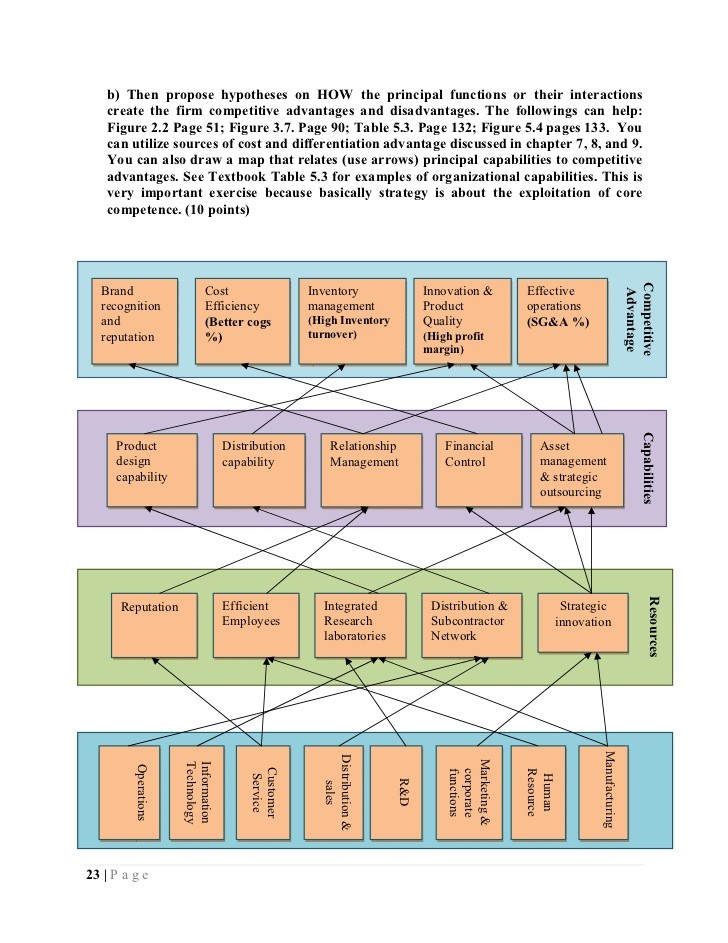Disadvantages and Pitfalls of ETF Investing
Post on: 11 Апрель, 2015 No Comment

Posted on Feb 4, 2015 in Stock Success
Let’s get this out of the way; there is no perfect investment vehicle. In addition, any investment vehicle can lose money and those losses are often amplified by inexperienced and reckless investors. While there are many advantages to ETFs, there are also some disadvantages and pitfalls that investors encounter that you should be aware of.
Disadvantages of ETFs
Limit Ability to Identify High Value/Growth Stocks. Many individual investors that have found great success have done so by identifying individual companies that fit certain investment criteria. Some investors develop a knack for identifying high potential growth stocks while others become quite adept at identifying value stocks in the tradition of Benjamin Graham and Warren Buffet. While an investor can most certainly invest in both stocks and ETFS, the pure ease of ETFs can sometimes make investors forgo investing in and investigating individual companies
Low Liquidity. While some of the more popular ETFs are highly liquid, the majority of ETFs in existence do not meet the requirements that many traders have in order to actively trade a security. Many traders insist on a security having at least 500,000 or 1,000,000 shares in order to trade the security and most ETFs do not meet this threshold. This is not necessarily a problem if you are a long-term investor looking to add investments for the long haul. However, the low liquidity has bitten many uneducated traders looking to swing trade or buy options on an ETF like they would a normal high volume stock. If you are simply looking to trade an ETF, then be sure to check the daily volume to get an idea on the liquidity level of the ETF.
Commissions. Commissions are no different than you would experience with the buying or selling of stock. Since you often times purchase one ETF instead of numerous stocks, this can be an advantage. However, some new investors that only have experience with mutual funds can often times ignore the impact commissions have on their bottom line. Just remember that every time you purchase or sell an ETF, there will be a commission associated with this transaction.
Diversification Mistakes: Simply having a diversified portfolio does not eliminate risk or volatility. Many new investors are a little naïve on this point and sometimes learn the hard way that losses can occur even in the most diversified of portfolios. Proper money management should be adhered to regardless of the investment vehicle chosen.
In addition, if one only is invested in American equities and never contemplating shorting, then the investor might feel diversified but in truth they are still exposed to the volatility that in inherent in the American market. If the Dow and Nasdaq tank, then the diversification that the investor was trying to achieve will do them little good as they will suffer substantial losses. It is ultimately up to you to choose what you invest in. Simply take the time to investigate asset classes beyond your current area of comfort (which is likely limited to stock).
Ease of Transaction Does Not an Expert Make : ETFs allow even novice investors to invest in just about anything. However, just because you are able to purchase junk bonds, various commodities, or foreign equities does not mean inherently you know more (or anything) about investing than in the asset classes. The world of ETFs is full of intriguing possibilities, but one should be willing to research and learn about these subjects before diving into the deep end.
In the next article in the Rich Dad Education series on ETF investing, we will look at some of many ETFs available for you to begin investigating.
by Mark Justice














